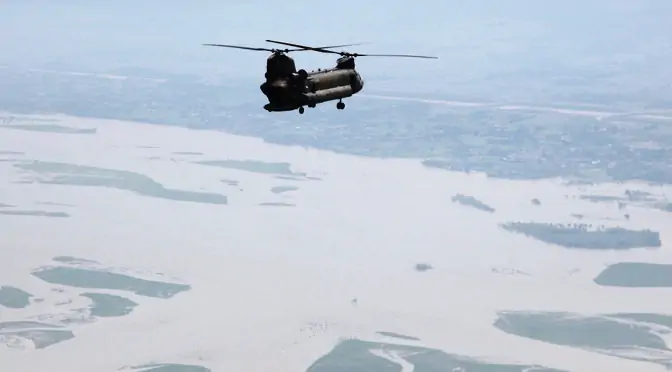The recently released 2014 Quadrennial Defence Review (QDR) establishes that “The impacts of climate change may increase the frequency, scale, and complexity of future missions, including defence support to civil authorities, while at the same time undermining the capacity of our domestic installations to support training activities. Our actions to increase energy and water security, including investments in energy efficiency, new technologies, and renewable energy sources, will increase the resiliency of our installations and help mitigate these effects.” This important statement is followed by a thorough assessment of how climate change may become a “threat multiplier” through the combination of multiple stressors such as food insecurity, water shortages, rapid and global urbanization, and coastal flooding. The Review furthermore states: “Climate change …
Continue reading “Climate Blowback and US National Security”











